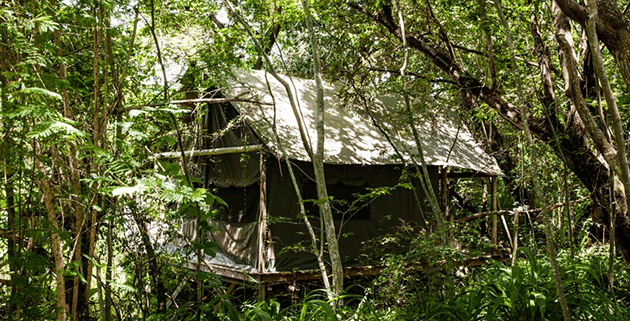Delheim Releases Vegan-friendly Wine
A pair of Delheim’s latest wine releases is sure to put a spring in the step of wine-lovers who are vegans. That’s because unlike most other wineries, the famous Stellenbosch winery used zero animal products traditionally used in winemaking to produce its 2018 Delheim Pinotage Rosé and Sauvignon Blanc.
Animal products derived from milk, eggs, fish and including gelatine are used in a part of the winemaking process to fine and clarify the liquid before it is bottled. This limits the number of wines available to vegans and vegetarians. Delheim has however only used a type of clay called Bentonite and a plant-derived protein in the winemaking process of these two popular wines.
Its strategy reflects a wider philosophy at the farm of environmental awareness as a founder member of the Greater Simonsberg Conservancy, audited member of WIETA (Wine Industry Ethical Trade Association) and BWI (Biodiversity and Wine Initiative) WWF Conservation Champion.
The Delheim Pinotage Rosé was first created by Delheim patriarch and industry legend Spatz Sperling. This famed blush has a loyal following since its1976 launch as the first Pinotage Rosé in South Africa and in recent years alone, it was recognised three times as the best Rosé in the German market by the prestigious Weinwirtschaft magazine.
“Although we had severe dry conditions, the average temperature during the harvest period was cooler than previous years,” says winemaker Altus Treurnicht. The result was slower ripening, which is ideal for the development of fruit, while the smaller size of the berries caused by drought came with its own challenge of extracting juice gently to retain the elegance of the Pinotage grapes.
Vinification resulted in a wine with a rich salmon colour with vibrant pink hue. On the nose, it shows notes of pomegranate and cranberry with nuances of candy floss and blossoms. Delicate flavours of red berry fruit linger on the palate and add to the freshness of this fruit-forward yet balanced wine.
Reminiscent of a perky spring breeze, the vegan-friendly 2018 rosé also features a splash of Muscat de Frontignan (3.5%), which balances the crisp acidity and red berry sweetness with a juicy fruit character and adds to the vibrant perfume character of the wine.
“There is no limit when it comes to food that will match this elegant rosé – From pasta to chicken and shellfish,” Altus reckons. “Being a vegan-friendly wine, why not try it with roasted rainbow vegetables with Chimichurri or a curried sweet potato and freekeh salad.”
The 2018 Delheim Sauvignon Blanc was similarly impacted by the dry conditions. “Conditions like these have a specific effect on the aromatic profile of Sauvignon blanc,” he says. “In this wine, the profile is more tropical fruit.”
As with the Rosé from a variety of ideal sites, grapes were picked in the coolness of the early morning. Harvesting was also done to a schedule aimed at ensuring complexity in the wine. Once bottled, the wine revealed a light green hue with aromas of tropical fruit, citrus and gooseberry. On the palate, there’s green figs and lime.
For food pairing, the 2018 Delheim Sauvignon Blanc does well with a grilled aubergine bake (or grilled line fish for ‘flexitarians’) as well as a variety of season-inspired salads.
These vegan-friendly wines are available at leading wine retailers and restaurants, as well as from the farm.
For more information, visit www.delheim.com or contact Delheim on info@delheim.com or 021 888 4600.
Delheim Estate is in the Simonsberg sub-region of the Stellenbosch Wine Routes, on the Knorhoek Road, off the R44.



